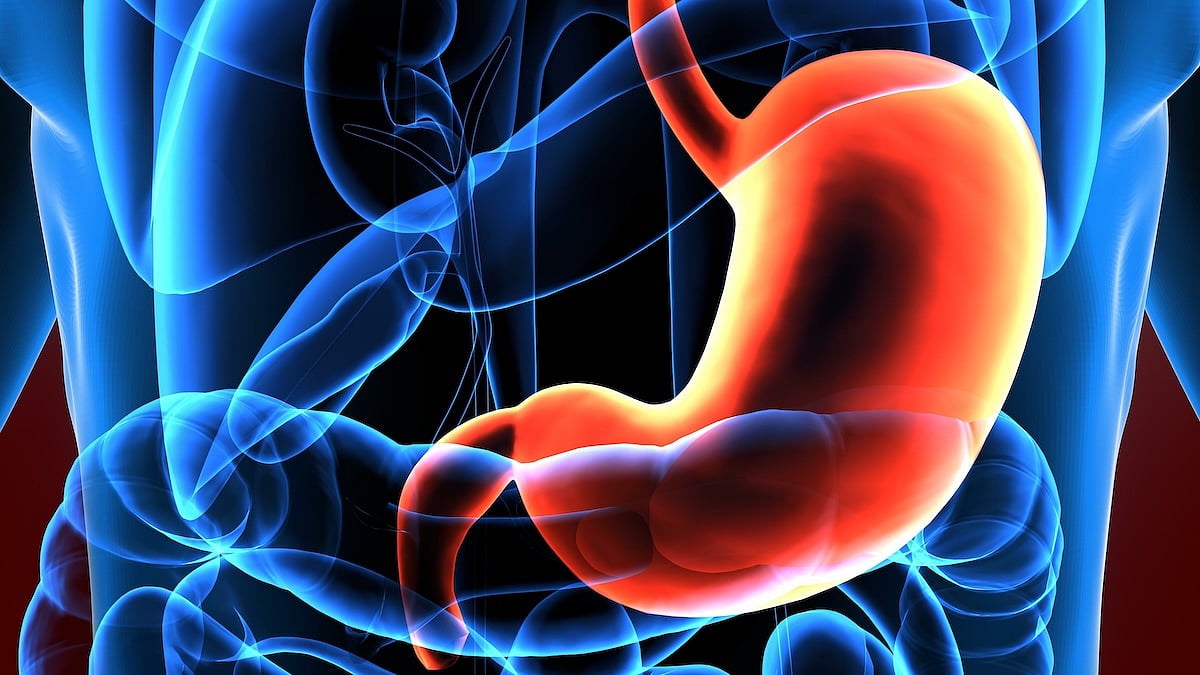Mon-Fri: 8:30a.m.-5:30p.m. | Sat: 9a.m.-12p.m. | Sun. & Major Holidays: Closed
Patient Resources
Get Healthy!
Four-Gene Combo Might Predict Lethality Of Stomach Cancer
- April 25, 2025
- Dennis Thompson
- HealthDay Reporter

Four specific genes serve as a telltale clue to how potentially deadly stomach cancers will develop and progress, a new study says.
Testing for these genetic mutations could enable doctors to offer targeted treatments and spare some patients from going through aggressive measures like surgery or chemotherapy, researchers will argue at the upcoming medical conference in San Diego.
"Not all stomach cancers are equal,” lead researcher Dr. Ulysses Ribeiro, a professor at the São Paulo State Cancer Institute in Brazil, said in a news release.
“Today, most gastric cancers are treated the same way -- with surgery and chemotherapy -- but we hope to identify key molecular differences so we can tailor treatment to the biology of each patient’s tumor,” Ribeiro said.
For the study, researchers analyzed 21 genes in tumor samples taken from 87 patients who’d undergone surgery and chemo for stomach cancer.
The team then compared how mutations in these genes tracked with patients’ survival.
About one-third of patients had changes in a specific combination of four genes -- BRCA2, CDH1, RHOA and TP53 – and those patients were more likely to die from their cancer or have it return, results show.
That genetic combo contained well-established cancer drivers like BRCA2 mutations, which have been linked to breast and ovarian cancer, as well as previously unknown genetic variants, researchers said.
Researchers are now working to match these findings to established lab tests that could make it easy and affordable to screen tumors for the identified high-risk genetic pattern.
“We believe that these findings move us closer to more personalized treatment based on each tumor’s biology,” Ribeiro said.
He is scheduled to present these findings at the Digestive Disease Week meeting on May 3. Findings presented at medical meetings are considered preliminary until published in a peer-reviewed journal.
More information
The American Cancer Society has more on stomach cancer.
SOURCE: American Gastroenterological Association, news release, April 25, 2025

